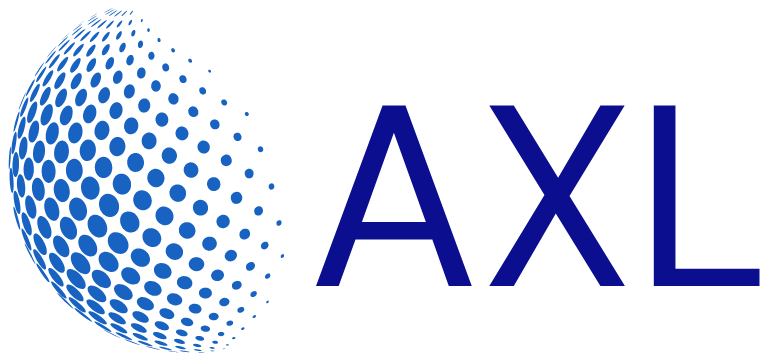There is a shift in the corporate landscape, with companies like Meta, Amazon, American Airlines, Walmart etc. scaling back their Diversity, Equity, and Inclusion (DEI) programs to align with the perceived interests of the new administration. This pivot raises fundamental questions about corporate identity and values. Should a company’s commitment to social justice and inclusivity be contingent on the political climate? Such actions suggest that for some organizations, DEI advocacy have been less about genuine belief in equality and more about public relations—a performance to secure societal approval or appease those in power.
The Importance of Unwavering Corporate Values
Corporate values should serve as a North Star, guiding decision-making even in the face of adversity. When companies backtrack on initiatives that promote equity and inclusivity, it reveals a lack of authenticity and integrity. It communicates to employees, customers, and society at large that the organization’s commitment to these principles was superficial.
Research supports the notion that genuine investment in DEI is critical. According to a 2020 McKinsey report, companies in the top quartile for ethnic diversity in executive teams were 36% more likely to outperform on profitability. Similarly, organizations with gender-diverse leadership were 25% more likely to achieve above-average profitability. These figures underscore that DEI is not merely a moral imperative but a business necessity that drives innovation and growth.
The Reality of DEI in Corporate America
Despite the progress made by DEI programs over the past decades, significant gaps persist. For example, Black professionals make up just 8% of the U.S. workforce and occupy only 3.2% of executive or senior leadership roles in large companies, according to a study by the Center for Talent Innovation. Similarly, Latino representation in leadership roles remains disproportionately low, hovering around 4% despite comprising nearly 20% of the U.S. population.
Hiring bias plays a significant role in maintaining these disparities. A 2003 study by Marianne Bertrand and Sendhil Mullainathan found that resumes with “white-sounding” names received 50% more callbacks than identical resumes with “Black-sounding” names. This bias, conscious or unconscious, perpetuates homogeneity in workplaces and stifles innovation. Diverse teams have been shown to outperform homogeneous ones, with a 2017 Boston Consulting Group study revealing that companies with above-average diversity on management teams reported innovation revenue that was 19% higher than those with below-average diversity.
The Lived Experience of Underrepresented Groups
For minorities, particularly Black professionals, breaking into corporate environments remains a monumental challenge. The need to be “twice as good” to receive half the recognition is not merely a perception but a lived reality. A 2019 Harvard Business Review study found that Black employees often feel the need to overperform to counteract biases, yet they are 50% less likely than their white counterparts to receive promotions.
The disparity is even more pronounced in daily workplace interactions. Black professionals frequently report feeling isolated as the sole representative of their race in meetings or leadership circles. This “onlyness” carries psychological burdens, including heightened scrutiny and the constant pressure to prove oneself.
The Necessity of DEI Programs
DEI is not a favor or a “nice-to-have” for underrepresented groups; it is a necessity. It aims to dismantle institutionalized hiring biases, create pathways for equitable advancement, and foster a culture where everyone has the opportunity to thrive. The rollback of such programs under political pressure not only undermines these goals but also sets a dangerous precedent for corporate governance.
Examples of successful DEI initiatives abound. Companies like Intel have committed to doubling the number of underrepresented minorities in senior leadership by 2030, backed by a $300 million investment. Similarly, Salesforce has implemented mandatory unconscious bias training for all employees, resulting in measurable improvements in hiring and retention metrics.
A Call to Action
The current climate underscores the need for organizations to reaffirm their commitment to DEI, regardless of external pressures. Companies must recognize that their long-term success depends on cultivating diverse, equitable, and inclusive environments. Token gestures or performative advocacy will not suffice. Instead, organizations must embed DEI into their core strategy, ensuring that it remains a priority irrespective of political or societal winds.
For individuals from underrepresented groups, the fight for equity in corporate spaces continues. Allies within organizations must amplify marginalized voices and hold leadership accountable for sustaining meaningful DEI efforts. The cost of inaction is too high—for businesses, for employees, and for society as a whole.
In conclusion, the rollback of DEI programs by companies like Meta highlights the fragility of corporate commitments to equity when values are not deeply ingrained. True leadership requires standing firm in the face of opposition, championing what is just and right even when it is inconvenient. DEI is not just about representation; it is about creating a fair and innovative society where everyone has the opportunity to contribute and succeed.

